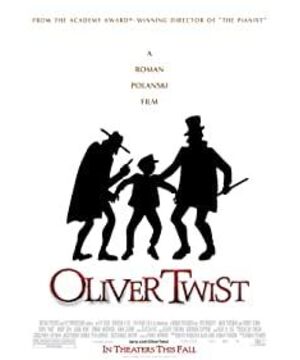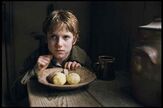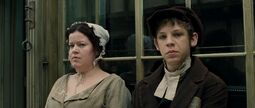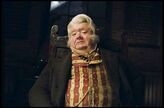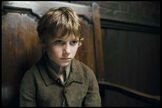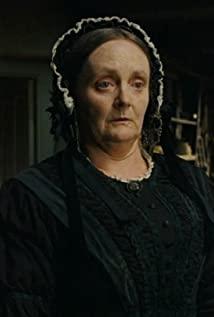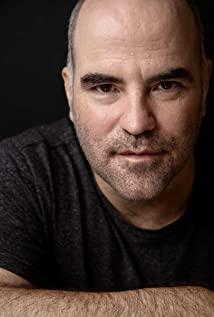Look out for Fagin's gang of thieves. Their identities and ages are sobering. They are old people, children, women without husbands, orphans without parents. They were the ones who were abandoned by the fog at the time, they were supposed to die, but they didn't. Perhaps in London at the time, their very existence was superfluous, and London was trying to get rid of them. Then they assembled, they were people who had no or no productivity to sell, but they also needed to survive, they needed to be fed, and Fagin taught them the way to catch the tail of London—steal. After all, they don't want to die anyway.
Thinking about it this way, we will find that although they are thieves, they are not dirty and shameful. After all, how do children make a living? To be an innocent child and starve to death? No, they don't do this.
Then, at the end, watching Oliver follow Mr. Brownlow away in the carriage slowly, at the end that should have been happy, I couldn't be happy. I haven't read the original, but I feel that the director gave us an irresponsible ending. I still have doubts in my heart, what about the little thieves of the smart ghosts, where did they go? Was it also taken in by a kind person? Or at the police station? Or has been released. But even if they were released and left Fagin, what would they do? They had no place to sleep, and the only thing they knew was the stealing that Fagin taught. Are they going to try harder to steal from now on? Without Fagin's protection, their little heads had to consider their own food, clothing, housing, and transportation. After all, they could go back to the so-called "home" as long as they stole something every day. But now, they have really become homeless children...
This is London, the foggy capital of London at that time, a prosperous city, a city that many people long for...
View more about Oliver Twist reviews


